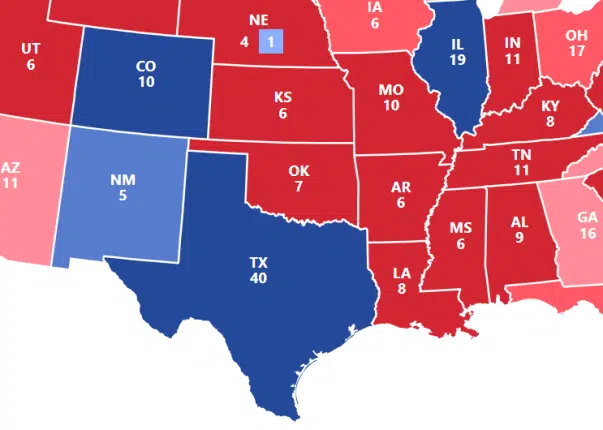If the federal government is fully funded through fiscal year 2015 which ends on September 30, 2015, you can pretty much kiss Commerce Department oversight of the Internet governance goodbye.
Why? Transferring control over the Internet’s domain name system and assigned numbers functions from the Commerce Department will be done as soon as September 30 when the current contract expires.
Readers will recall that on March 14, the Commerce Department’s National Telecommunications and Information Administration (NTIA) issued a press release stating its intent to “transition key Internet domain name functions to the global multistakeholder community” from its current contractor, the Internet Corporation for Assigned Names and Numbers (ICANN).
The plan is to “transition the current role played by NTIA in the coordination of the Internet’s domain name system (DNS)” to “global stakeholders.”
Administering the DNS is the key function that associates easy-to-remember domain names to numerical Internet Protocol (IP) addresses — the Internet Assigned Numbers Authority (IANA) — an essential component to making the Internet work. This is a big deal.
And Obama’s ready to give it away, for nothing, without any vote in Congress.
As revealed in the Wall Street Journal by L. Gordon Crovitz: “a spokesman for the Commerce Department’s National Telecommunications and Information Administration said the agency reviewed this legal issue and concluded the administration can act without Congress but refused to share a copy of the legal analysis.”
Crovitz’s reporting prompted Americans for Limited Government to file a Freedom of Information Act (FOIA) request with the Commerce Department’s National Telecommunications and Information Administration (NTIA) requesting the legal basis for its plans to transition control over the Internet.
The FOIA request includes “All records relating to legal and policy analysis developed by or provided to the National Telecommunications and Information Administration (NTIA) that support its decision to ‘transition key internet domain name functions,’ including any analysis showing whether the NTIA has the legal authority to perform the transition.”
The Department’s interim response to the FOIA request, which was referenced in the Wall Street Journal on June 29 by Crovitz, still failed to produce the legal analysis.
It might not even exist. The fact of the matter is, to date, in its interim response, the agency has not claimed any privileged exemptions on this particular FOIA request — such as an exemption of legal memoranda and opinions.
Still, the analysis may turn up at a later date, but by then it will likely be too late for Congress to do much about it.
Which is why Congress should not pass up the opportunity to act on this in December.
On May 30, the House of Representatives by a 229 to 178 vote denied funding to the Obama administration to perform the transition in an amendment offered by Rep. Sean Duffy (R-Wis.) to the Department of Commerce appropriations bill.
But with the new continuing resolution now in place, which funds the government through December 11, the May 30 House vote means nothing.
The only way to address the issue now will be in December on the upcoming continuing resolution for the remainder of the fiscal year.
If not defunded, the transition should certainly be delayed until such time that Congress has had to fully vet the issue. And in the end, to vote up or down on the transition, with the result being binding.
After all, Article IV of the Constitution states, “The Congress shall have power to dispose of … property belonging to the United States.”
That ought to include the Internet functions, since under the Commerce Department’s current contract with the Internet Corporation of Assigned Names and Numbers (ICANN) it states, “All deliverables under this contract become the property of the U.S. Government.”
So, what gives? Time is running out for Congress to do anything about this.
Robert Romano is the senior editor of Americans for Limited Government.







